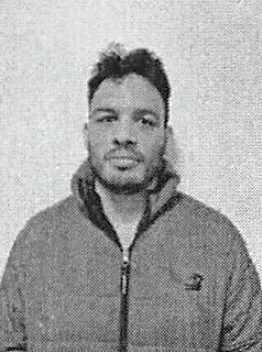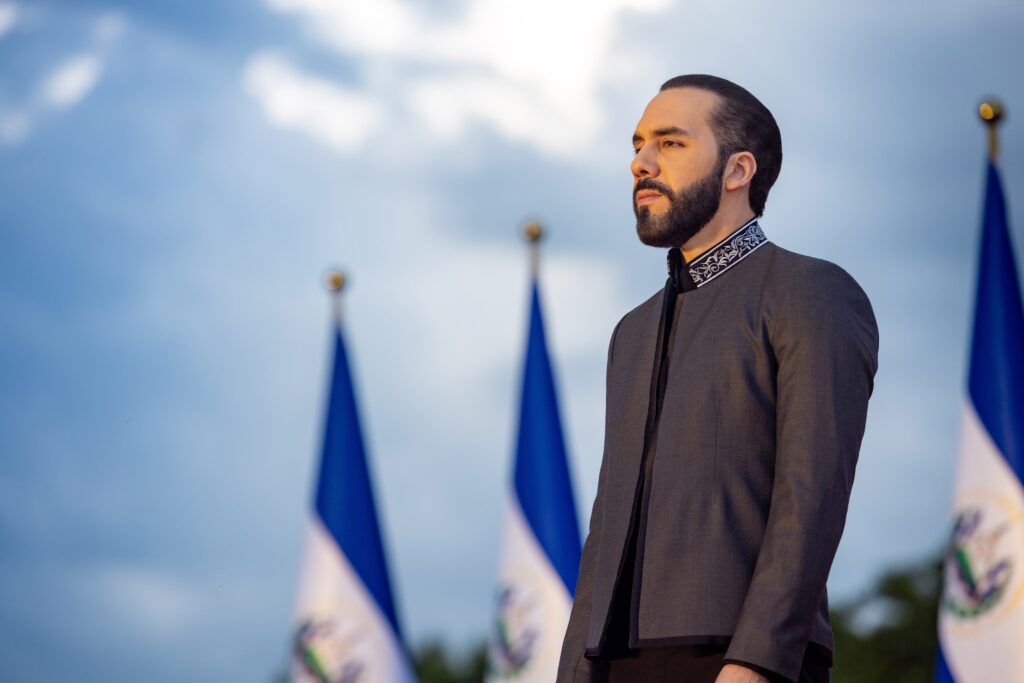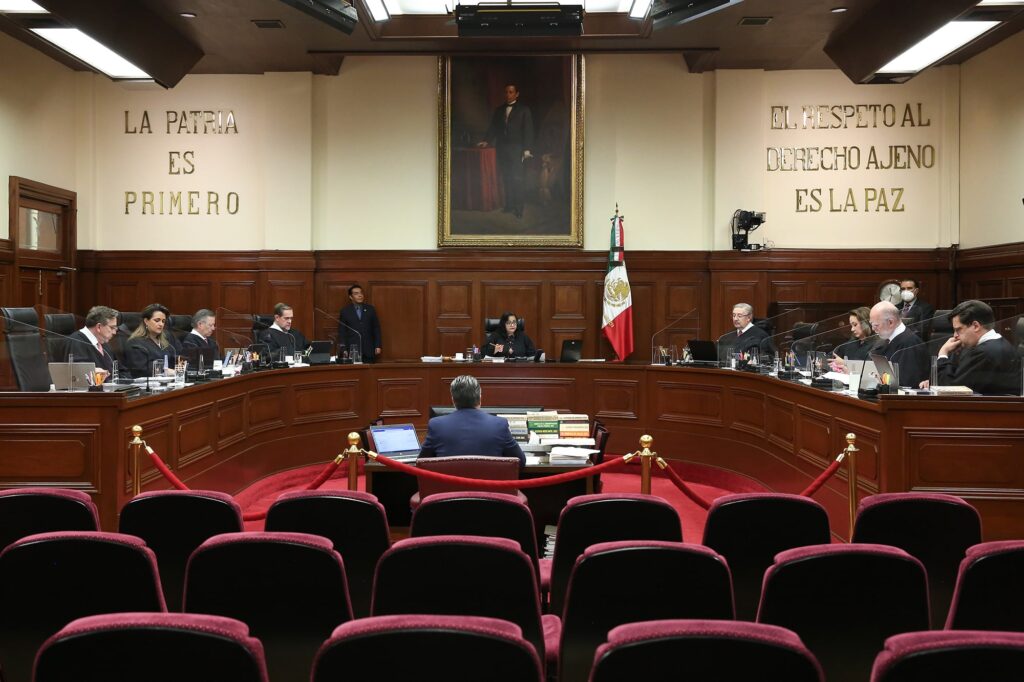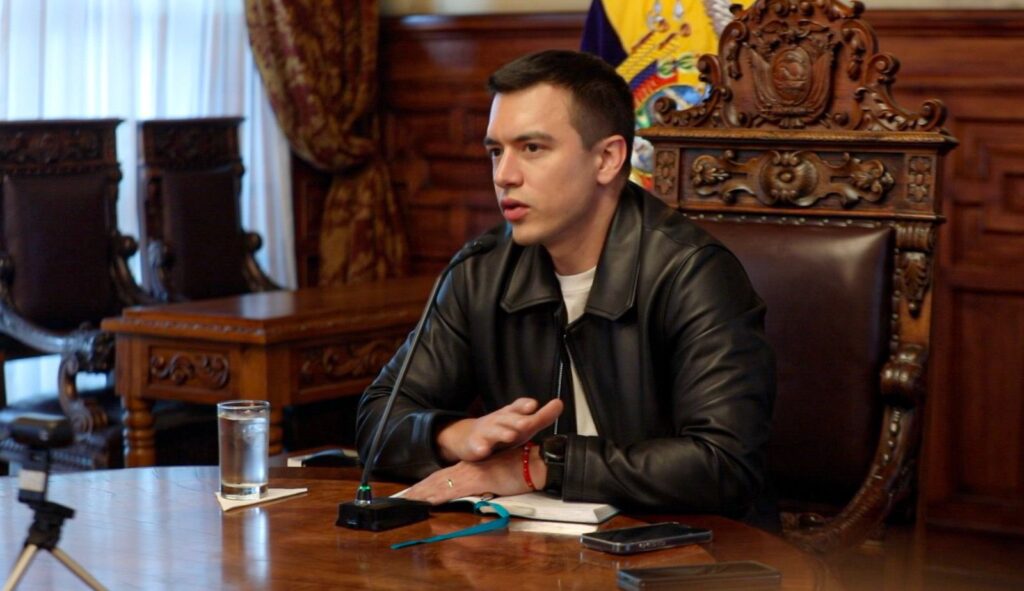The body of transgender pageant queen winner Alaska Contreras Ponce was recently found with signs of torture in the municipality of Martínez de la Torre, Veracruz. The killing brings the total amount of homicides of transgender people in the eastern Mexican state to 15 for this year alone.
Legally recognised as José Luis Contreras Ponce, the victim identified herself as ‘‘Alaska Bout’’ and had recently been crowned Gay Queen 2018, reported El Mundo. According to statements from the State Attorney General’s Office announced yesterday, Contreras’ body was found in the neighbourhood of Ejidal with signs that barbed wire had been wrapped around her neck. An investigation is now underway into the homicide.
According to Patricia Ponce Jiménez, a researcher from the Center for Research and Higher Studies in Social Anthropology (Ciesas-Golfo), the state of Veracruz is now ranked as the area with the highest murder rate of transgender people.
Like many parts of the world, the approach towards transgender people has changed over the years and despite the deaths seems to allow for more acceptance. However, Latin America still maintains deep-seated religious and social expectations that blur the lines of sexual freedom and intolerance in various parts of the country.
One of the most pressing cases that came from Mexico was that of a spree of murders in the early 90s in Tuxtla Gutiérrez, Chiapas saw at least 11 transgender sex workers. The case was firmly brought into the limelight, not just because of the heinous crimes, but of more importance was the suspected police involvement, coverups and violent interview methods. Laws have been put in place that provides increased recognition towards the transgender community, for instance in 2004 the ability to change gender and name on birth certificates was legalised and in 2006 same-sex civil unions began to be practised, though still a lengthy process. However, it appears that police protection of this section of the Mexican population is little protected.
Attacks on transgender citizens are also not strictly tied to one specific area of the country. Alaska Bout’s attack comes just two months after 23-year-old Yamileth Quintero was shot dead and abandoned by a dirt road behind the International Airport of Culiacán, in the state of Sinaloa. She too had been crowned a beauty pageant winner earlier this year. In further attacks on the LGBTQI+ community, three activists identified as Carlos Uriel López, Roberto Vega and leader of the gay community in Taxco Ruben Estrada, were executed on the Mexico-Acapulco highway in May, sparking outrage across the gay community.
Unfortunately, the marginalisation of transgender people and the group to which they are associated continues to stretch across the Latin American setting, despite efforts to protect citizens regardless of sexual orientations. Although Argentina, Uruguay and surprisingly Colombia are some of the select countries in the world that allow citizens to change gender on their I.D without the requirement of surgery and a doctor’s approval, earlier this year was the first time that the Argentina judicial system recognised the murder of a transgender person in a hate-crime against the community. Stabbed 13 times, Diana Sacayan was a leading trans-spokesperson in the country and a pioneer of gender identities in Argentina.
In a recent study of LGBT-orientated hate crimes, a staggering 21% of Argentine attacks were carried out by state security forces. If we turn our focus to Brazil, the high profile execution of human rights campaigner Marielle Franco has also been linked to criminal activity from higher levels of the country’s authority.
Of the recent murder in Mexico, human rights activist Yazz Yazziel Bustamante has since called for the case to be investigated as a hate crime and points out that there are similarities in the attack to earlier cases of violence against the transgender community.
“A couple of years ago we tried to promote the criminalization of hate crimes for gender identity and sexual orientation,’’ he said, reported by El Mundo. ‘‘Today it is already a fact, this initiative was approved a couple of months ago, so I demand the Prosecutor’s Office to investigate this case as a hate crime for gender identity.”
A recent study from Argentina identified that most transgender people die before they reach the age of 40. It’s a staggeringly low age, especially when you consider that the average life expectancy for Mexico is 76 years old. Although crime and murder rates pit to succeed last year’s total of over 25,000 annual killings, it is widely known that corruption is rife and authorities are not doing enough – nor is there even enough police officers employed – to enforce Mexico’s laws and protect citizens. When it comes to the protection of a marginalised community, one must question how the path can be paved to ensure hate crime is prevented. Education, of course, is one direction, more policing is needed across the country, and finally providing a voice for the stories of the transgender world is at least a start.











